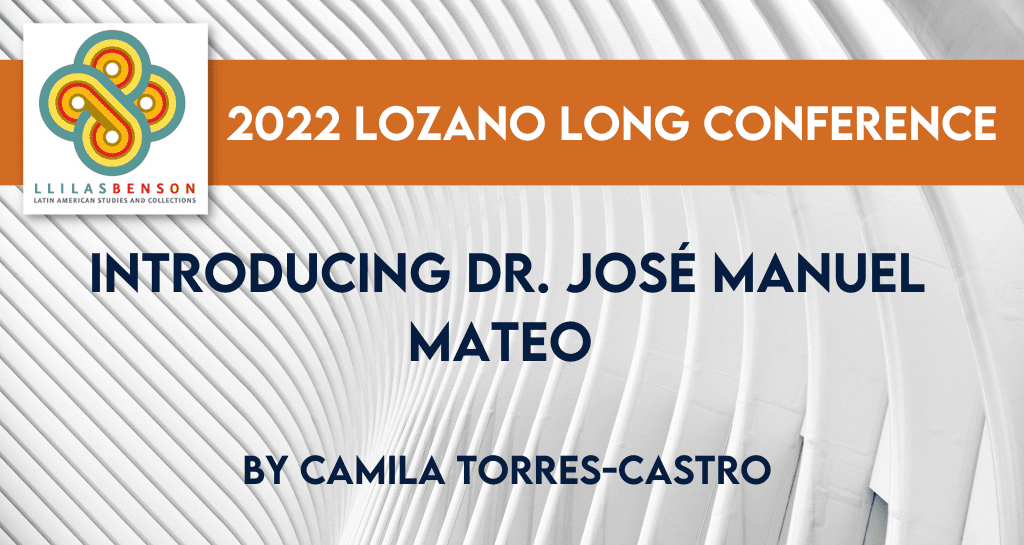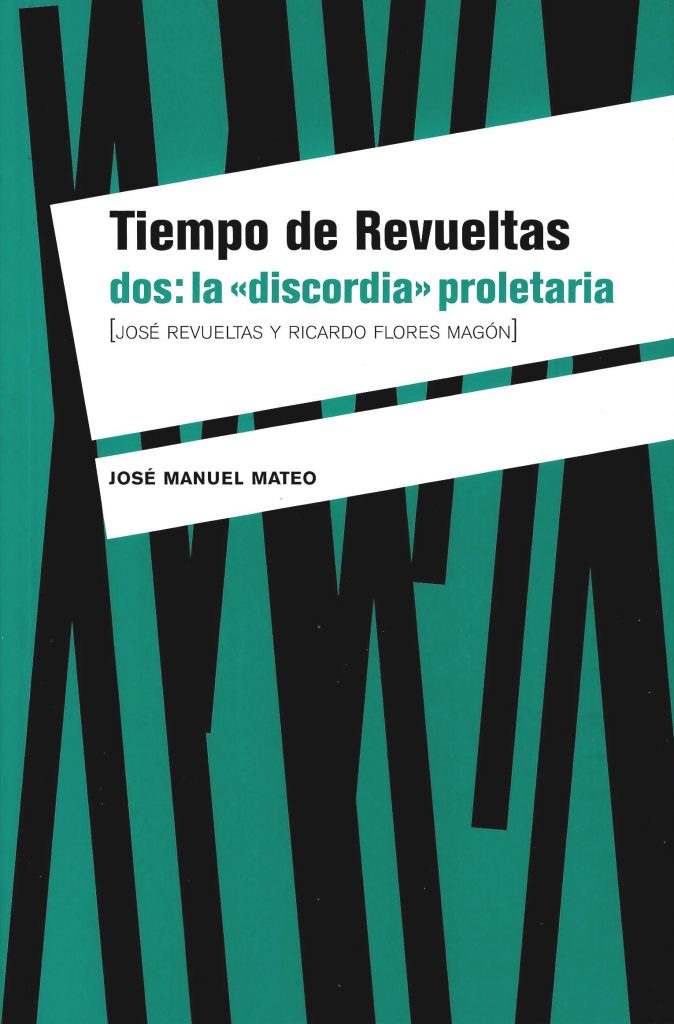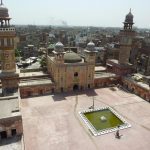
By Camila Torres-Castro
In honor of the centennial of the Nettie Lee Benson Latin American Collection, the 2022 Lozano Long Conference focuses on archives with Latin American perspectives in order to better visualize the ethical and political implications of archival practices globally. The conference was held in February 2022 and the videos of all the presentation will be available soon. Thinking archivally in a time of COVID-19 has also given us an unexpected opportunity to re-imagine the international academic conference. This Not Even Past publication joins those by other graduate students at the University of Texas at Austin. The series as a whole is designed to engage with the work of individual speakers as well as to present valuable resources that will supplement the conference’s recorded presentations. This new conference model, which will make online resources freely and permanently available, seeks to reach audiences beyond conference attendees in the hopes of decolonizing and democratizing access to the production of knowledge. The conference recordings and connected articles can be found here.
En el marco del homenaje al centenario de la Nettie Lee Benson Latin American Collection, la Conferencia Lozano Long 2022 propició un espacio de reflexión sobre archivos latinoamericanos desde un pensamiento latinoamericano con el propósito de entender y conocer las contribuciones de la región a las prácticas archivísticas globales, así como las responsabilidades éticas y políticas que esto implica. Pensar en términos de archivística en tiempos de COVID-19 también nos brindó la imprevista oportunidad de re-imaginar la forma en la que se llevan a cabo conferencias académicas internacionales. Como parte de esta propuesta, esta publicación de Not Even Past se junta a las otras de la serie escritas por estudiantes de posgrado en la Universidad de Texas en Austin. En ellas los estudiantes resaltan el trabajo de las y los panelistas invitados a la conferencia con el objetivo de socializar el material y así descolonizar y democratizar el acceso a la producción de conocimiento. La conferencia tuvo lugar en febrero de 2022 pero todas las presentaciones, así como las grabaciones de los paneles están archivados en YouTube de forma permanente y pronto estarán disponibles las traducciones al inglés y español respectivamente. Las grabaciones de la conferencia y los artículos relacionados se pueden encontrar aquí.
Dr. José Manuel Mateo will be one of the contributors to the 2022 Lozano Long Conference which will be held in honor of the centennial of the Nettie Lee Benson Latin American Collection. The conference, titled “Archiving Objects of Knowledge with Latin American Perspectives”, will take place online on Thursday, February 24 and Friday, February 25 2022. The following is an introduction and overview of Dr. Mateo’s work, written in the hopes of bringing the reader closer to some of his intellectual and historiographic contributions in preparation for the conference.
Dr. Mateo’s interest in the work of José Revueltas arises when he was still an undergraduate student at Universidad Nacional Autónoma de México (UNAM), where he became interested in Revueltas as a literary figure more so than a political and historical one. Since then, he has devoted his academic career to the study of Revueltas’ contributions to Mexico’s literary tradition and, more specifically, to his critical and essayistic body of work. Dr. Mateo holds a MA in Mexican Literature and a PhD in Literature, both from his lifelong alma mater, UNAM. He is currently a professor and researcher at Instituto de Investigaciones Filológicas, where he continues to explore Revueltas’ work and his role within Mexican letters.
José Revueltas is without question one of the most important writers and political thinkers in Mexican history. Born in 1914 in the northern state of Durango, Revueltas comes from an illustrious family of artists: his siblings were Silvestre, a composer and musician, Rosaura, an actress, and Fermín, a painter. Revueltas created an extensive body of work that comprises 24 volumes that include narrative, essay, poetry, and so forth. Throughout his lifetime, Revueltas held many intellectual relationships with other Latin American writers and thinkers such as Octavio Paz and Pablo Neruda, which Dr. Mateo explores in his series of edited volumes titled Tiempo de Revueltas. A lifelong dissident and prominent political actor, Revueltas died in 1976 in Mexico City. Dr. Mateo will be presenting on the José Revueltas Collection, one of the most important archival collections that are housed at the Benson, and sharing his vast knowledge on the writer’s work and life with us.

The work of Dr. Mateo proposes a rupture of canonical ideas around the production of knowledge. He re-examines the work of José Revueltas and Ricardo Flores Magón, for example, to situate them as prominent essayists within a literary establishment that did not consider them so. The fracture proposed by Mateo is especially clear in his discussion of the role of Flores Magón, a man considered first and foremost an ideologue and a “founder of newspapers” (Mateo 2019, 13)[1], who nevertheless produced a body of literary work that undoubtedly makes him a pillar of Mexican essayistic currents.
In this crusade against orthodox aesthetics and restrictive perspectives on literary creation, Mateo himself has published his own poetic work and a collection of short stories titled Nadie se llama Caín (Literatura UNAM, 2019). He has also edited and annotated some of Revueltas own screenplays, namely El luto humano and Los treinta dineros, which were recently edited by UNAM in 2021. Here is where Dr. Mateo’s work and mine converge, for we both push against rigid notions of literary disciplines that insist that one thing is just one thing, and nothing more: we both disrupt the traditional idea of “genre” to open up the signifying possibilities of any given text. In this sense, Revueltas’ work provides a blueprint for ethical and political lessons that are urgent even in the present day, showing us that it is possible to think beyond pre-established limits.
Talking to Dr. Mateo in preparation for this piece, I asked him about an issue that has always caught my attention: the fact that the Mexican National Archives (AGN, which stands for Archivo General de la Nación) are housed within the walls of Lecumberri, a former prison also known as El Palacio Negro due to its gruel living conditions. José Revueltas himself was imprisoned there, and other famous inmates include Leon Trotsky’s murderer, Ramón Mercader, and muralist David Alfaro Siqueiros. The structure of Lecumberri is a prototypical panopticon: arranged around a central patio that overlooks the galleys, which makes it an oppressive structure that reifies the centralization of knowledge and power that Revueltas so vehemently criticized. To this, Dr. Mateo responds with a protest chant: “cada cuartel, una escuela”, every barrack a school, which indicates the desire to transform spaces of physical and intellectual repression into places devoted to the life of the mind. This social demand has become true in some cases, like Lecumberri itself or the colony in Islas Marías, where Revueltas was also imprisoned twice during his youth. The repurposing of the prison, or the redefining of a present without walls that Revueltas fought for until his dying breath.
In short, Dr. Mateo is a fierce defender of the right to think, and “to think the unthinkable”, which is reflected in his thorough analyses of Revueltas’ work. “Que los consensos no se conviertan en losas que impidan seguir pensando”, he tells me, when I ask him what we can learn from Revueltas nowadays. It is clear that the need for critical thought is more pressing than ever, and that the fight for widespread access to knowledge is still ongoing.
As previously stated, Dr. Mateo will be participating in the
2022 Lozano Long Conference in honor of the centennial of the Nettie Lee Benson
Latin American Collection, entitled “Archiving Objects of Knowledge with Latin
American Perspectives” at UT Austin in February 23-24, 2022.
[1] Mateo, José Manuel. Espectros del ensayo: José Revueltas y Ricardo Flores Magón. UNAM, 2019.



